Maxillary sinusitis

specialists

equipment

treatment
Symptoms

The first symptom of sinusitis is often a common runny nose - it signals inflammation in the sinuses. The alarm should be sounded if it lasts 7-10 days.
One of the clearest signs of acute sinusitis is pain in the bridge of the nose and under the eyes. It intensifies in the evening and when tilting the head. If the inflammation affects both sinuses, pain is felt on both sides of the nose. Sometimes it hurts your teeth or temples.
Other symptoms:
- Nasal congestion. Accompanied by a change in the nature of nasal discharge (it becomes thick and acquires a green tint). This symptom signals the transition of inflammation to a more serious stage. Without treatment, the patient's condition worsens and dangerous complications develop.
- Increased body temperature to 38 °C or higher. General health deteriorates, the sense of smell is noticeably reduced. During this period, due to severe weakness, it becomes difficult for the patient to concentrate on work and daily activities
Chronic sinusitis manifests itself less clearly. It is characterized by periods of exacerbation and remission.
Complications

An infection localized in the maxillary sinuses often spreads to neighboring ENT organs. This leads to the development of acute tonsillitis, pharyngitis or otitis media.
The most dangerous complications are associated with the upward spread of infection – to the eye socket and brain. In 90% of cases, meningitis (inflammation of the membranes of the brain) develops. This condition requires immediate hospitalization. Otherwise, it leads to death. In 78% of cases, encephalitis progresses (inflammation of the brain, accompanied by seizures and mental disorders).
Other complications:
- Sepsis, or blood poisoning. Develops rapidly, leads to coma and death
- Inflammation of the bone walls of the orbit of the eye. It leads to panophthalmitis (a condition in which all the membranes of the eye become inflamed - this threatens blindness)
- Osteomyelitis of the maxillary sinus. This is a purulent inflammation of the bone, which, if left untreated, leads to disability
Less dangerous consequences of sinusitis are conjunctivitis and exophthalmos. They do not pose a threat to life, but nevertheless negatively affect a person’s quality of life.
General information about the treatment of sinusitis
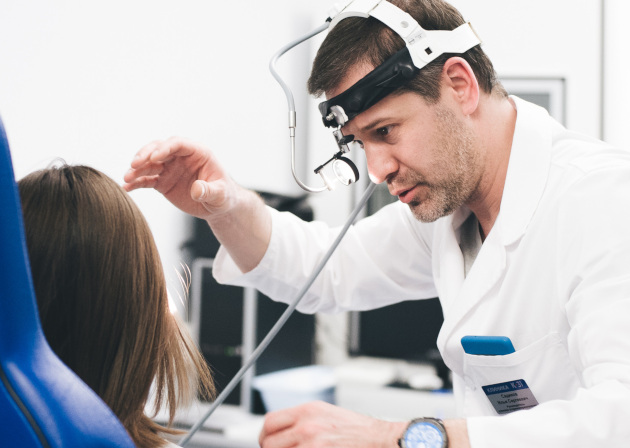
How is an appointment with an otolaryngologist at K+31?
Our doctors

This award is given to clinics with the highest ratings according to user ratings, a large number of requests from this site, and in the absence of critical violations.

This award is given to clinics with the highest ratings according to user ratings. It means that the place is known, loved, and definitely worth visiting.

The ProDoctors portal collected 500 thousand reviews, compiled a rating of doctors based on them and awarded the best. We are proud that our doctors are among those awarded.
Make an appointment at a convenient time on the nearest date
Price
Services

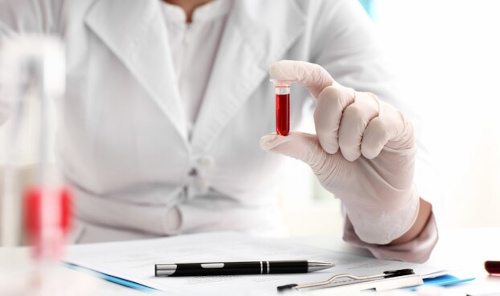


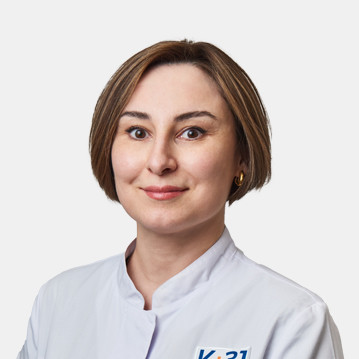
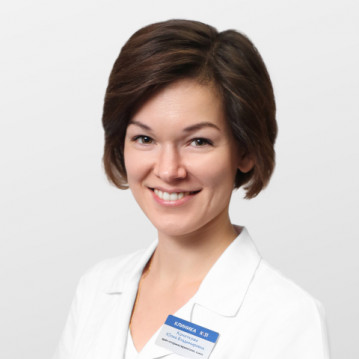
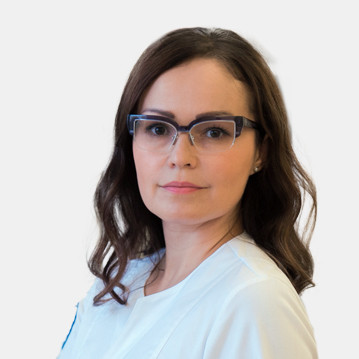
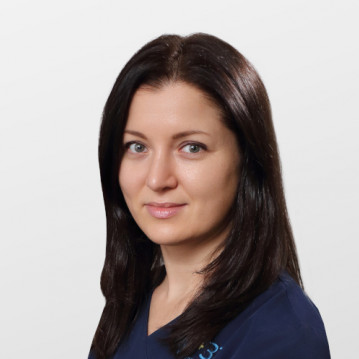
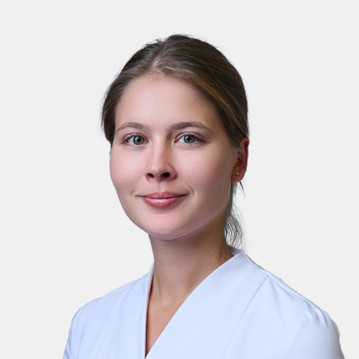
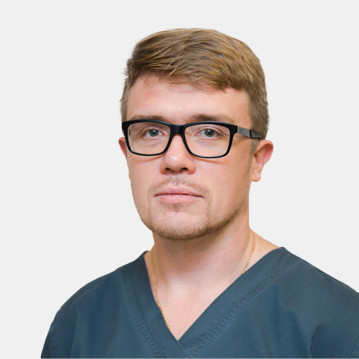
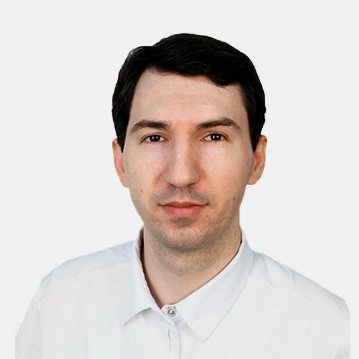
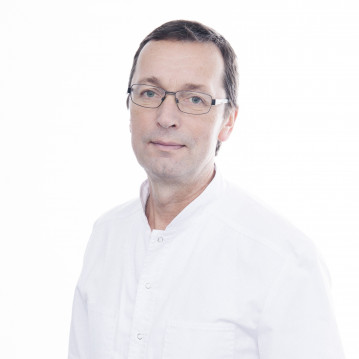
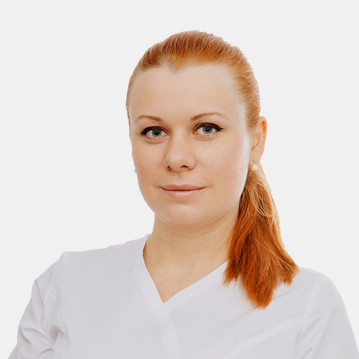
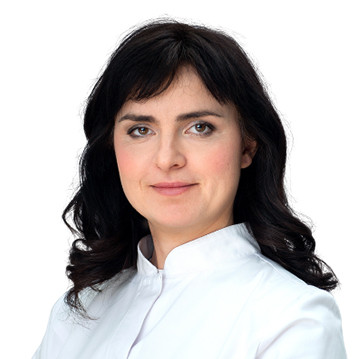
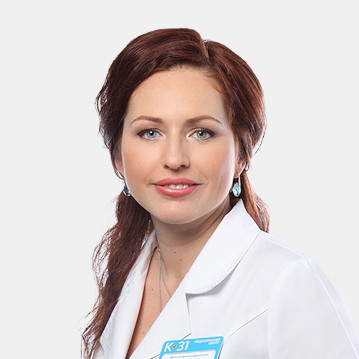
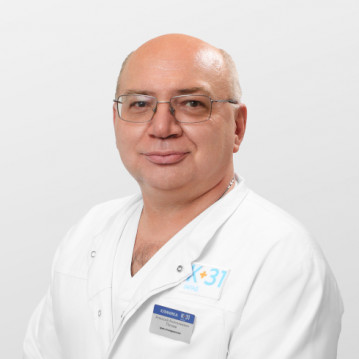
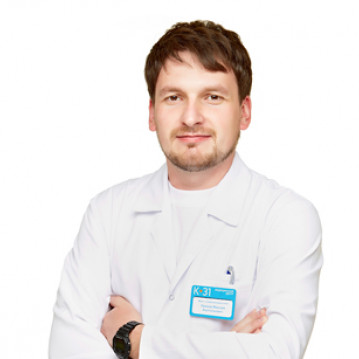
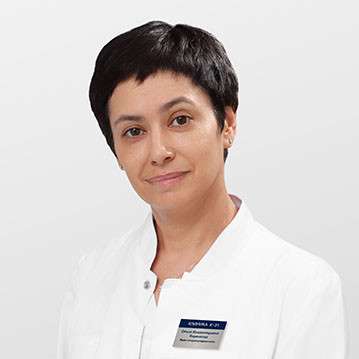
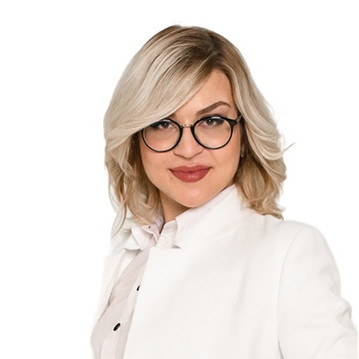
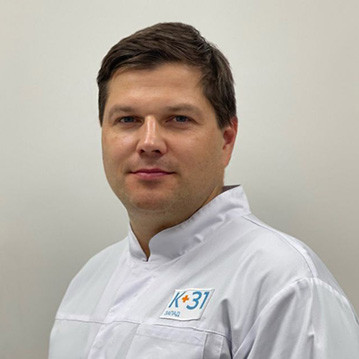
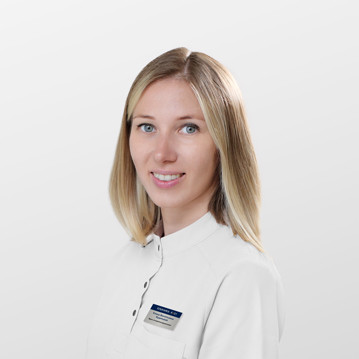
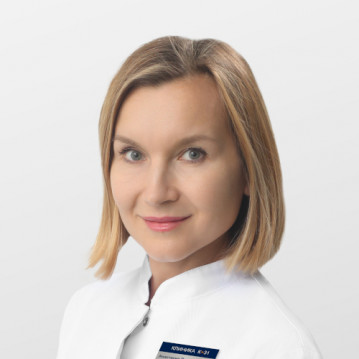
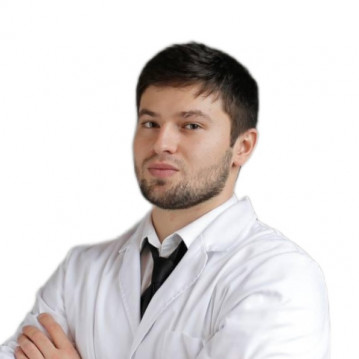
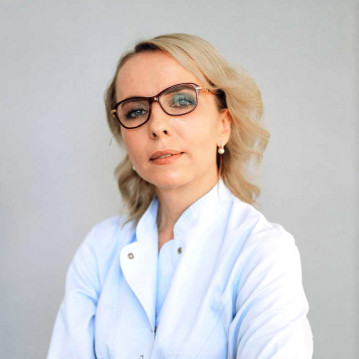
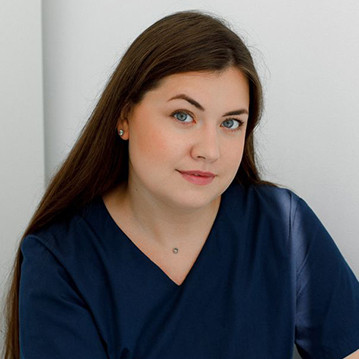
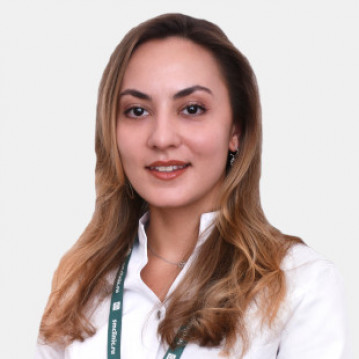





Causes of sinusitis
Mainly, sinusitis is caused by rhinoviruses, adenoviruses, as well as influenza and parainfluenza viruses. Fungal pathogens include Mucor (white mold), Rhizopus and Aspergillus. In addition, the following factors contribute to the development of sinusitis:
Seasonal changes (this is especially true for the autumn-winter period, when the body is especially vulnerable to infections) also contribute to the development of sinusitis.